This essential nutrient helps convert food into energy, but don’t expect wonders for your nails and hair
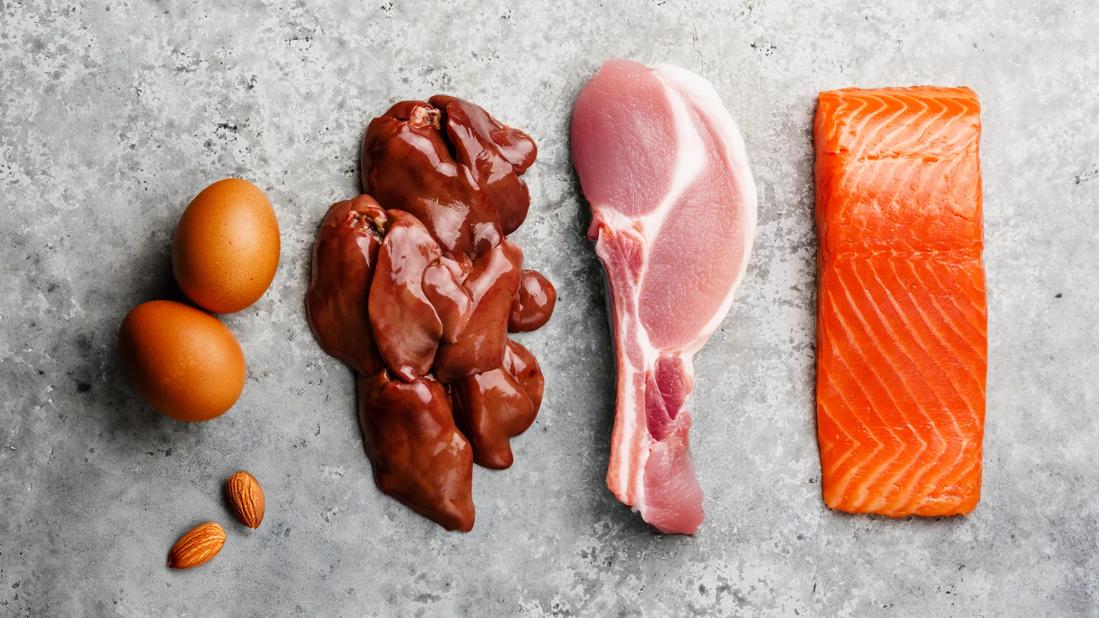
If you do a web search for biotin, probably the first thing that pops up is a laundry list of supplements. Most of which claim to give you long, shiny locks and super-strong nails.
Advertisement
Cleveland Clinic is a non-profit academic medical center. Advertising on our site helps support our mission. We do not endorse non-Cleveland Clinic products or services. Policy
But biotin does much more for your body than those supplements claim. And enhancing your hair and nails isn’t necessarily at the top of the list. What’s more, you probably don’t need to shell out for those bottles of biotin to reap the benefits.
Registered dietitian Courtney Delpra, RD, LD, explains the possible benefits of biotin — both from the foods you eat and from supplements.
Biotin is a B vitamin (B7, to be specific) that’s important for many body functions.
Biotin helps metabolize food — turning food into energy. And many people swear that biotin has improved their hair, skin and nail health, too.
B vitamins, including biotin are water-soluble. That means that your body doesn’t hang on to more of it than you need. But that doesn’t mean you can’t overdo it on biotin. More on that in a bit.
Biotin is an essential vitamin, which means you can’t live without it.
Biotin plays an important role in giving you fuel to go about your day. That’s because one of its top benefits is that it helps convert carbohydrates, fats and proteins into energy.
How?
“Biotin is a co-factor for enzymes that help to break down fatty acids, glucose and amino acids,” Delpra explains. “We need certain enzymes to break down the foods we eat so we can metabolize them. And those enzymes don’t work properly without biotin.”
Advertisement
Biotin is also involved in maintaining healthy nervous system function. And it helps with gene functions.
Perhaps biotin’s biggest claim to fame is that it’s gotten quite a reputation in the beauty industry in promoting healthy skin, hair and nails.
That’s because biotin deficiency (not having enough biotin) can lead to issues like:
The trouble with that thinking?
“Biotin deficiency is rare in the U.S.,” Delpra clarifies. “So, if you have thinning hair or brittle nails, it’s probably not due to a biotin deficiency. There’s usually another health condition causing these problems, such as iron deficiency or a thyroid issue.”
OK, you’re thinking, maybe I don’t have a biotin deficiency necessarily. But maybe more biotin can still give me shining locks, right?
Ehhh...
“No studies have proven that biotin supplements will change the appearance of your hair, skin or nails,” Delpra shares. “But some people will tell you that taking a biotin supplement helps them boost hair and nail growth.”
Most people get adequate biotin through a healthy diet. Recommended daily intakes for biotin are as follows:
That’s much (much) less than the biotin content you’ll find in some common supplements.
Adult daily multivitamins and prenatal vitamins typically contain 100% of your recommended daily value for biotin. Other supplements, like “super B” vitamin formulations or vitamins that promote hair and nail growth can contain a lot more. We’re talking in the neighborhood of 10,000% of your daily value.
The good news is that most people get all the biotin they need from a healthy diet.
“Biotin is in many of the foods we eat,” Delpra points out. “And it’s always better to get your vitamins and minerals through a balanced diet rather than supplements.”
Biotin is found mainly in sources of protein. Foods like liver, eggs, salmon, pork, nuts and seeds are good sources.
Biotin supplements can have some mild side effects.
"When starting supplementation, always speak with your doctor,” Delpra recommends. “Biotin supplements and B-complex vitamins are safe for most people, though they may cause a slightly upset stomach.”
The bigger trouble?
Taking supplements that contain biotin can interfere with the accuracy of certain medical tests, like thyroid function tests, heart disease screenings and even tests to determine if you’re having a heart attack.
Advertisement
Tell your healthcare provider if you’re taking any supplements that contain (or could contain) biotin.
More isn’t always better. Don’t take more than the dosage listed on the package and stop taking biotin if you notice side effects.
You can get your fill of biotin even without a supplement. In fact, most people do.
“Healthy food and proper hydration will help you feel and look your best,” Delpra advises.
What’s more, a healthy diet makes sure you’ll get your fill of other nutrients that fuel your body. Like healthy fats, protein, vitamins, minerals and fiber.
If you’re concerned that you’re not getting enough biotin in your diet, talk with a healthcare provider. They can test you for deficiencies and recommend strategies to help you live your healthiest life.
Advertisement
Learn more about our editorial process.
Advertisement

Though it was once used as a cholesterol-lowering medication, niacin is no longer a recommended treatment

Some protein-containing foods are known to be good sources of biotin — but there are also likely other foods that just haven’t been studied yet

This important B vitamin has benefits for your heart, brain and skin

Taking supplements with biotin can cause inaccurate lab test results
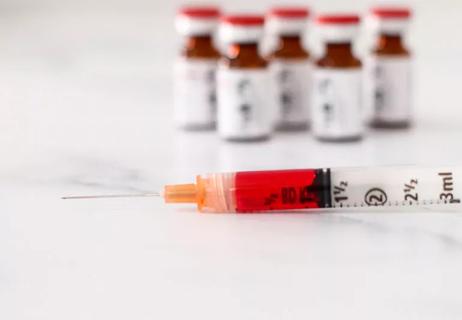
If you have low B12 or a true deficiency, these shots can work wonders
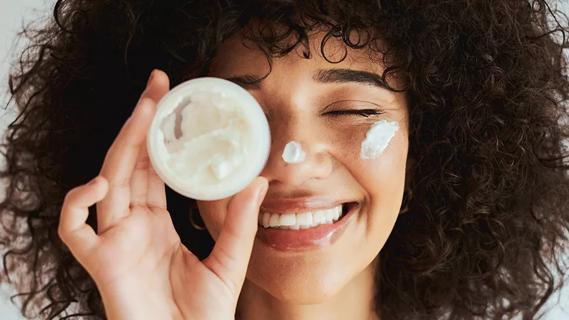
Pantothenol is a powerful moisturizer and can help repair damaged skin and hair
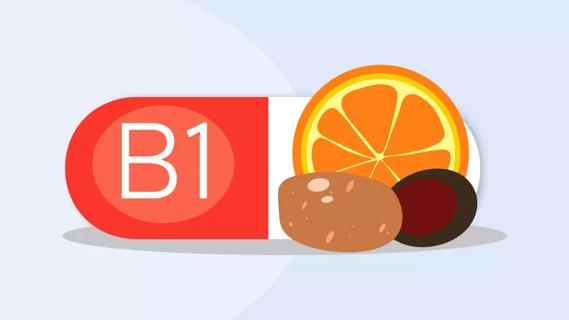
Getting enough thiamine in your diet can protect your heart, brain and nervous system
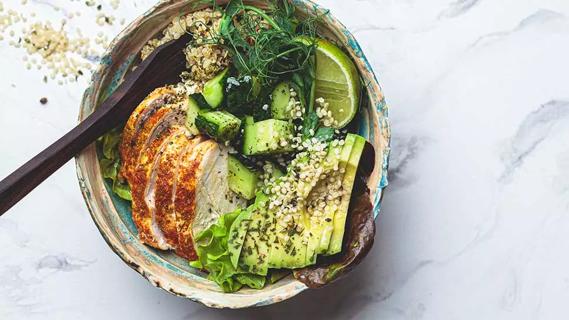
Also known as pantothenic acid, vitamin B5 helps your metabolism and is found in a wide range of foods

Wearing a scarf, adjusting your outdoor activities and following your asthma treatment plan can help limit breathing problems

Your diet in the weeks, days and hours ahead of your race can power you to the finish line

When someone guilt trips you, they’re using emotionally manipulative behavior to try to get you to act a certain way